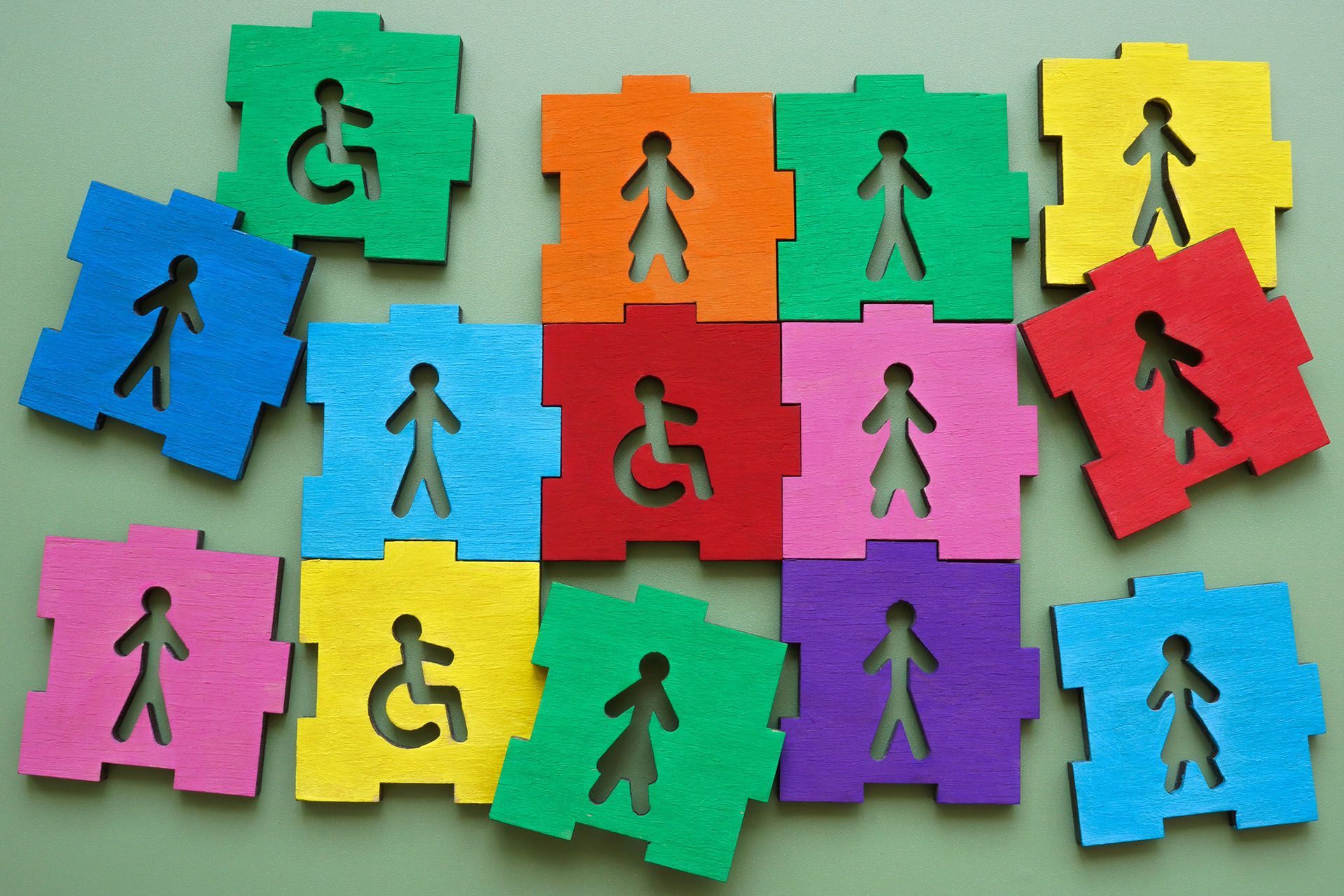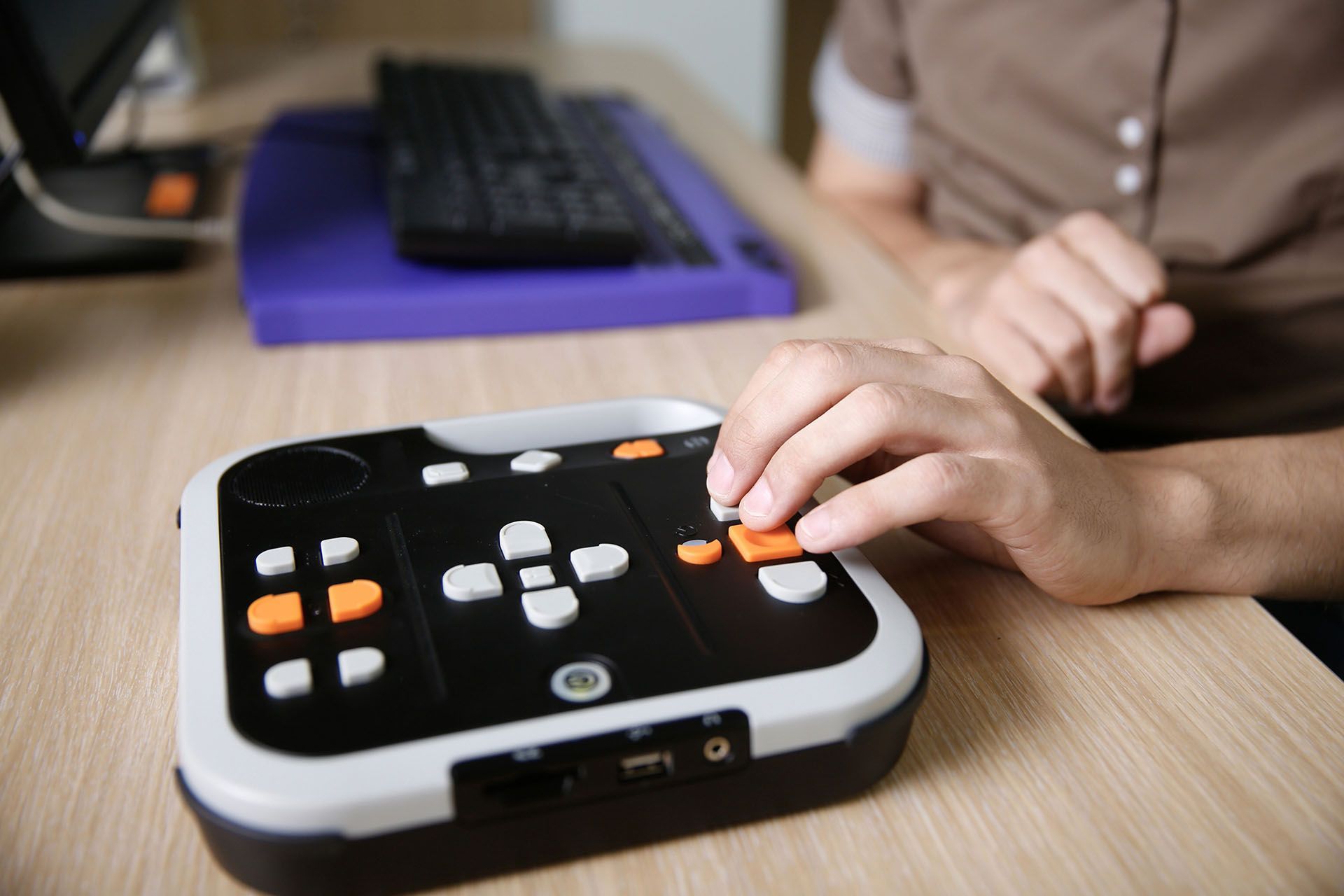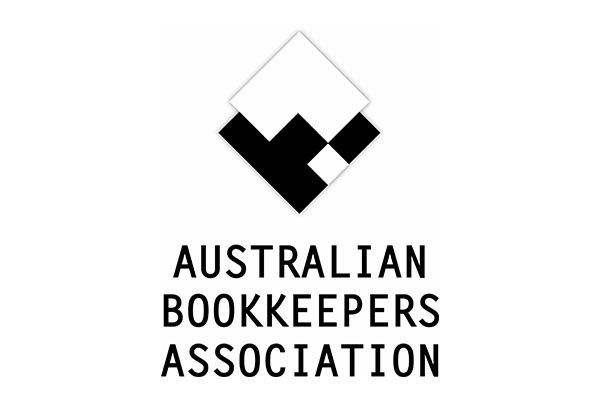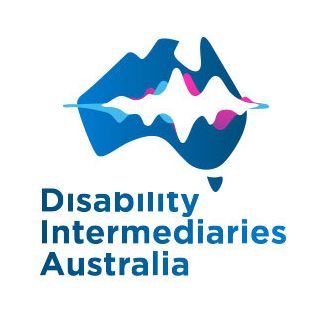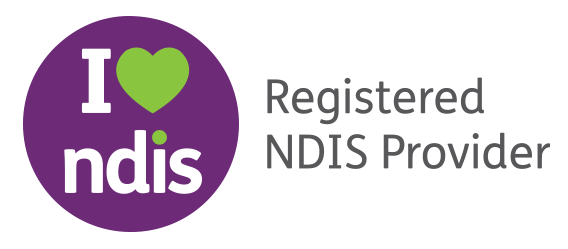10B Washington Street, Port Lincoln, SA 5606 (by appointment only)
Any Questions?
10B Washington Street, Port Lincoln, SA 5606 (by appointment only)
Types of Disabilities Covered by NDIS

The National Disability Insurance Scheme (NDIS) provides essential support for Australians living with disabilities. The NDIS recognises a broad range of disabilities, which are categorised into intellectual, neurological, physical, sensory, and psychosocial disabilities.
Some conditions are automatically considered under List A (likely to meet eligibility), while others require additional evidence.
List A: Conditions That Automatically Meet Disability Requirements
If a person has a List A condition, they are highly likely to meet the NDIS disability requirements. These conditions are considered to cause permanent impairment and disability, significantly affecting a person’s ability to perform everyday activities.
For List A conditions, the only evidence needed is:
- A diagnosis of the condition
- An assessment confirming it meets specific criteria (e.g., cerebral palsy assessed as Level 3, 4, or 5 on the Gross Motor Function Classification System – GMFCS).
There is no need to provide extra evidence about how the condition affects daily functioning unless specifically requested by the NDIS.
Here are the full List A conditions:
1. Intellectual Disabilities
Individuals with cognitive impairments that affect reasoning, learning, and problem-solving may qualify for NDIS support. Intellectual disabilities often require early intervention, specialised education plans, and lifelong assistance to improve quality of life and independence.
Examples:
- Down Syndrome: A genetic condition affecting cognitive development, speech, and motor skills.
- Global Developmental Delay (under six years old): A delay in two or more developmental areas, such as speech, motor function, or cognitive skills.
- Fetal Alcohol Spectrum Disorder (FASD): A range of lifelong cognitive and behavioural challenges caused by prenatal alcohol exposure.
- Fragile X Syndrome: A genetic condition causing intellectual disability, behavioural challenges, and sensory sensitivities.
2. Autism & Developmental Conditions
Autism Spectrum Disorder (ASD) is classified under different levels based on the level of support required. Early intervention can significantly improve an individual’s ability to communicate, socialise, and engage in everyday activities.
- Level 2 & 3 Autism: Automatically eligible (List A) due to substantial support needs.
- Level 1 Autism: Requires additional evidence of functional impairment, such as difficulties with social interactions, executive functioning, or independent living skills.
3. Neurological & Neurodegenerative Conditions
These conditions impact the nervous system, brain function, and motor skills, often requiring specialised therapies, mobility aids, and continuous support.
Examples:
- Cerebral Palsy: A condition affecting movement, coordination, and muscle tone, often requiring physiotherapy and assistive devices.
- Multiple Sclerosis (MS): An autoimmune disease that affects the brain and spinal cord, leading to mobility issues and fatigue.
- Severe Epilepsy: Frequent and severe seizures that can impact daily functioning and independence.
- Huntington’s Disease: A progressive neurological disorder that affects movement, cognition, and behaviour.
- Stroke (with ongoing disability): A cerebrovascular event that may result in long-term mobility, speech, and cognitive impairments.
4. Physical Disabilities & Mobility Impairments
This category includes conditions that limit mobility and independence, often requiring the use of mobility aids, home modifications, and physiotherapy.
Examples:
- Spinal Cord Injuries (SCI): Damage to the spinal cord affecting movement and sensation.
- Muscular Dystrophy: A group of genetic disorders causing progressive muscle weakness and loss of function.
- Amputations: Loss of limbs due to trauma or medical conditions, requiring prosthetics and rehabilitation.
- Severe Arthritis: Chronic joint inflammation leading to pain and mobility challenges.
- Ehlers-Danlos Syndrome: A connective tissue disorder affecting skin elasticity, joints, and mobility.
5. Sensory Disabilities (Hearing & Vision Impairment)
These disabilities affect hearing, vision, and communication, often requiring assistive technology, communication aids, and specialised therapies.
Examples:
- Deafness or Hearing Loss: Can impact communication and may require hearing aids, cochlear implants, or Auslan support.
- Blindness or Low Vision: Requires mobility training, braille education, and assistive devices.
- Usher Syndrome: A genetic condition causing combined hearing and vision impairment.
- Retinitis Pigmentosa: A progressive genetic disorder leading to vision loss.
6. Genetic & Rare Diseases
Some genetic conditions that lead to lifelong disability may also be covered under the NDIS, with many requiring specialised medical and therapeutic support.
Examples:
- Cystic Fibrosis: A genetic disorder affecting the lungs and digestive system, requiring ongoing medical treatment.
- Rett Syndrome: A rare neurological disorder affecting brain development and movement.
- Angelman Syndrome: A genetic disorder causing severe intellectual disability and motor dysfunction.
- Prader-Willi Syndrome: A genetic condition leading to developmental delays, obesity risk, and behavioural challenges.
7. Psychosocial Disabilities (Severe Mental Health Conditions)
Psychosocial disabilities arise from mental health conditions that significantly impact daily life, social interactions, and employment.
Examples:
- Schizophrenia: A severe mental illness affecting perception, cognition, and social engagement.
- Bipolar Disorder: A mood disorder with extreme fluctuations in energy, mood, and activity levels.
- Severe Anxiety Disorders: Debilitating anxiety that interferes with daily functioning.
- PTSD (if it causes long-term functional disability): Trauma-related condition impacting daily life, often requiring therapy and structured support.
What If My Disability Isn’t on This List?
Even if a condition isn’t mentioned, you may still qualify if you can prove significant and permanent functional impairment. Providing medical reports, assessments, and functional capacity evaluations can support your application.
How to Apply for NDIS
- Gather medical evidence, including diagnosis, impact on daily life, and support needs.
- Fill out an Access Request Form via the NDIS website or call 1800 800 110.
- Submit supporting documents from doctors, therapists, or specialists.
- If approved, attend an NDIS planning meeting to discuss your needs and funding options.
The NDIS provides life-changing support for thousands of Australians living with disabilities. If you or someone you know needs help navigating the process, reach out to a Support Coordinator for guidance. With the right support, individuals can improve their quality of life and achieve greater independence.
Take the Next Step with Empowrd
Navigating the NDIS can be overwhelming, but you don’t have to do it alone. At Empowrd, we’re here to make your life easier with expert Plan Management and Support Coordination tailored to your needs.
We provide local and accessible support in Port Lincoln, Ceduna, Whyalla, and surrounding areas, helping you connect with the right providers and services. Our holistic approach ensures that your NDIS plan works for you, so you can focus on achieving your goals.
Contact us today to learn how we can support you on your NDIS journey.
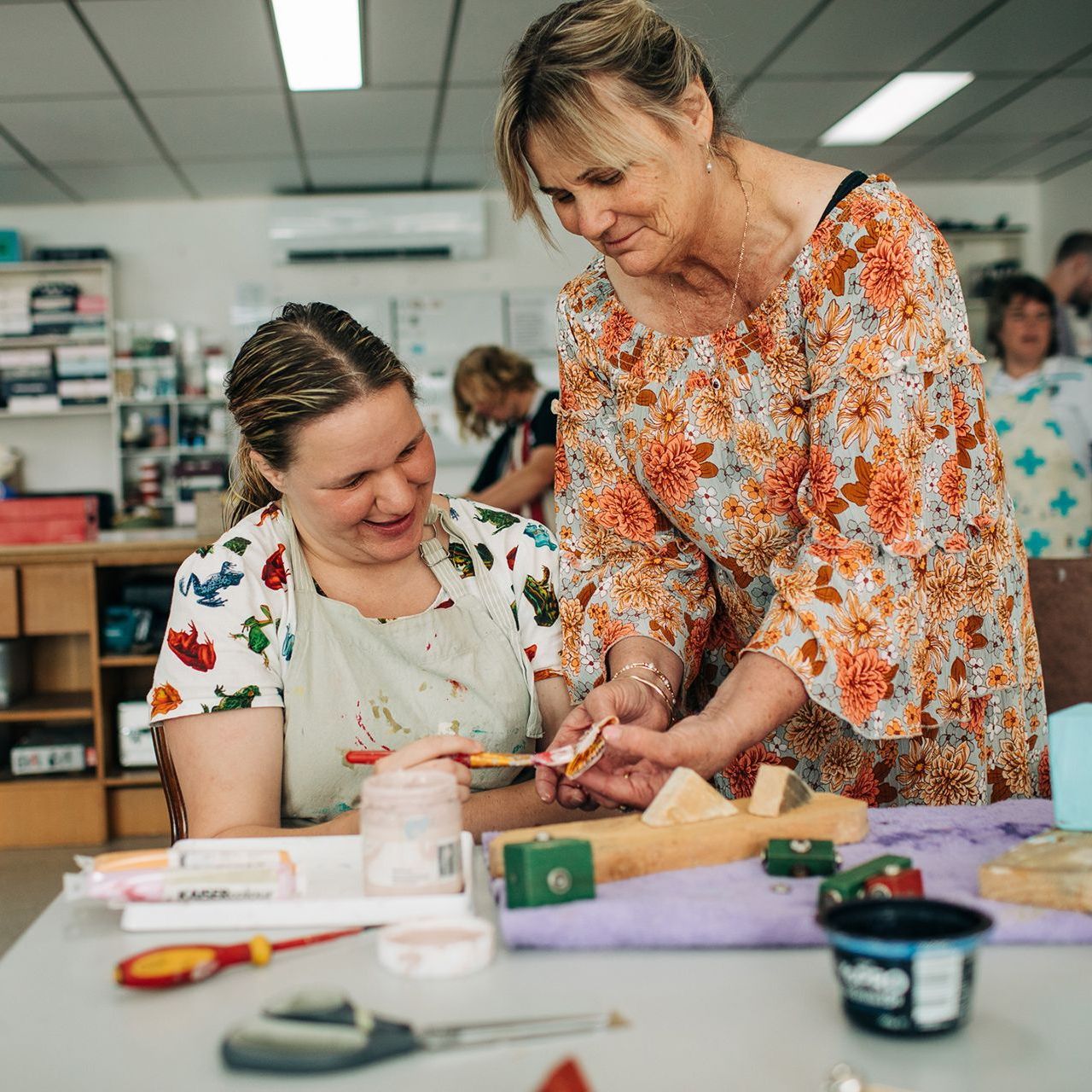
NDIS Plan Management and Support Coordination
At Empowrd, we are here to make your life easier. Based in Port Lincoln on the Eyre Peninsula, we offer a personal, accessible and holistic approach to NDIS Plan Management and Support Coordination.
We provide Plan Management services across Australia, assisting with financial administration, and offer Support Coordination to participants in Port Lincoln and Eyre Peninsula, connecting them with the right supports and providers. Our goal is to ensure your NDIS plan works for you, so you can focus on achieving your goals and doing what you love.
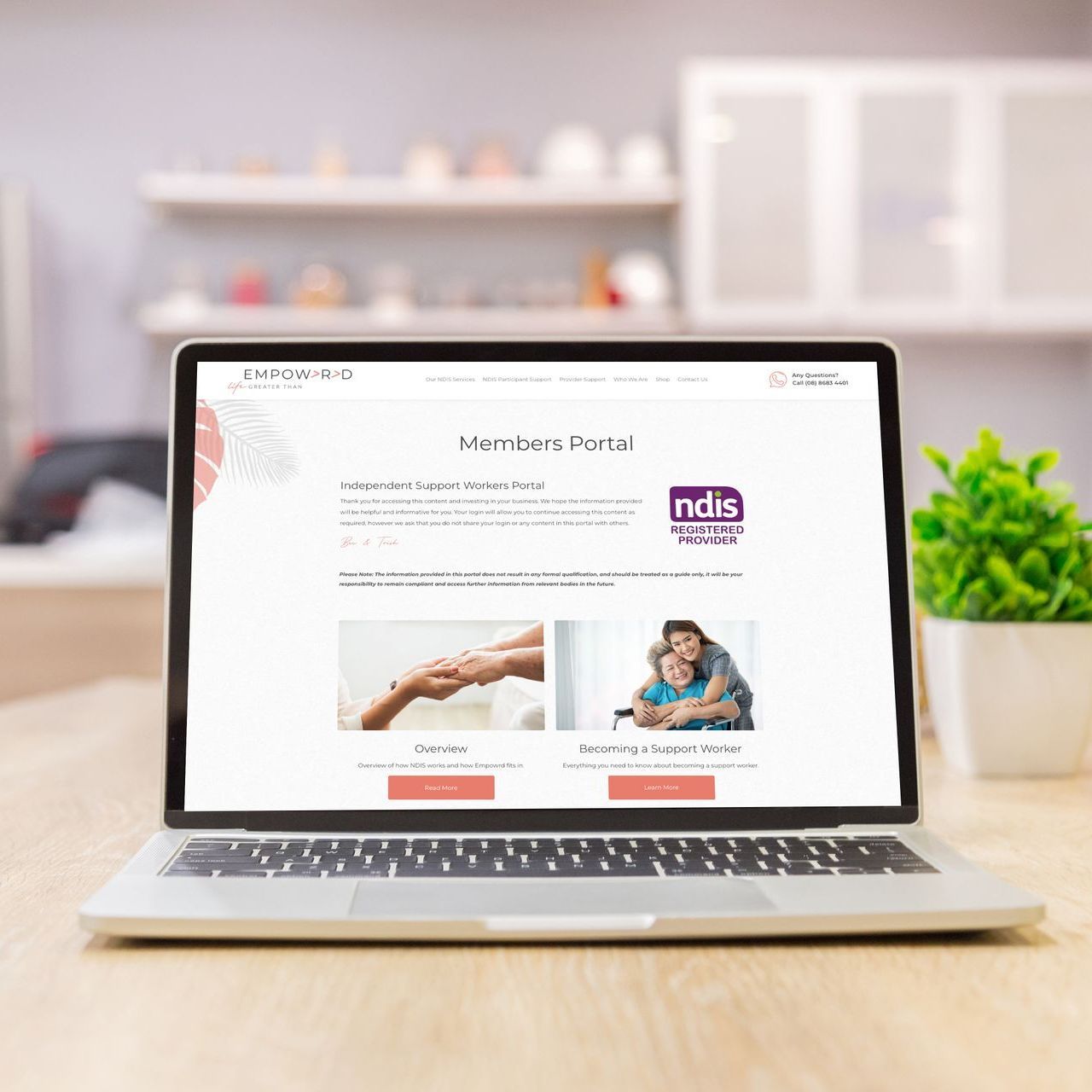
Want to Become a Support Worker?
Our Independent Support Workers Education Portal provides everything you need to navigate the NDIS, find work, and confidently offer services as an Independent Support Worker. For just $65, you will gain access to comprehensive guides, essential resources, and ready-to-use templates to streamline your work.
Inside, you will find:
- A clear breakdown of how the NDIS works
- Tips for finding jobs and delivering services
- Step-by-step guidance on invoicing and support planning
- Ready-to-edit templates for quotes, service agreements, invoices, and case notes
Need just the templates? You can also purchase them separately as standalone resources.
I hope you enjoy reading this blog post.
If you are ready to be Empowrd to live your life to the fullest, let us steer you on the right path.
Be EMPOWRD to Live Your Best Life
If you are ready to be Empowrd to live your life to the fullest, let us steer you on the right path. To get started, all you have to do is sign up using our online enquiry form and we’ll get back to you shortly.

EMPOWRD PTY LTD
Empowering our clients to have the knowledge and skills to take ownership over their journey with the NDIS.
NDIS Provider Number:
405 003 5156
ABN:
24 625 238 959
Quicklinks
Empowrd Plan Management Services
Empowrd Support Coordination Services
Service Agreement Easy Sign Up
Emergency & Disaster Management Resources
Other Locations
Empowrd News and Insights
Acknowledgement of Traditional Owners
Empowrd pays our respect to all Aboriginal and Torres Strait Islander peoples, their history, knowledge and continuing connection to the community and to Elders of past, present and future generations. We celebrate diversity and welcome all people regardless of ethnicity, faith, orientation or gender identity.
We create welcoming and inclusive environments for all.




